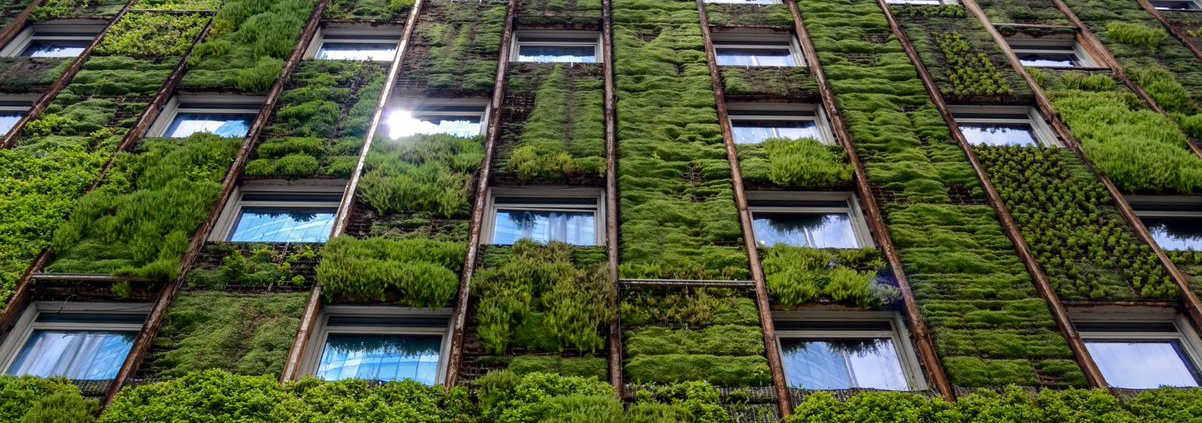The Academic System Is Not Exempt from Imperatives to Transition to Climate Sustainability
A new ALLEA report delves into academia’s impact on the climate through its own operations from the perspective of various stakeholders that play a key role in shaping the academic system. The report goes on to make a series of tailored recommendations to mitigate detrimental effects.
In a new report published today, ALLEA, the European Federation of Academies of Sciences and Humanities, examines the academic system’s negative impact on the climate through its own activities. The report takes a comprehensive outlook on the operations of various stakeholders and suggests that significant changes are necessary for the academic system to reach climate sustainability.
The report, prepared by ALLEA’s Working Group Climate Sustainability in the Academic System, stresses that in order for the academic system to transition to climate sustainability, “a change in culture is required, where individuals and institutions become aware of their climate impact and act to reduce it.”
The authors evaluate the operations of different actors that jointly set the standards and framework conditions of the academic system, namely Universities; Research Institutes; Students; Individual Academics; Funding Organisations; Conference Organisers; Ranking Agencies; Policy Makers; and Academies, Learned Societies and Professional Bodies.
By analysing available data on greenhouse gas (GHG) emissions, the report shows that air travel is one of the major GHG contributors within academia, and therefore virtual interactions will be critical for the academic system to become more sustainable.
“We envision in-person, hybrid, hub-based and fully virtual events to coexist in the future, with a careful choice of format depending on the goals and participants of a given event,” the authors conclude.
The report also emphasises that other sources, such as supercomputing, buildings, electricity, and supply-chain emissions, may be equally or sometimes even more important emission sources than air travel, depending on the sector.
Finally, the report provides a series of best-practice examples and concrete recommendations that could lead to a significant reduction in the levels of GHG emissions that the academic system produces every year.
The report will be presented and discussed at the ALLEA General Assembly on 12 May 2022 in Brussels. Registration for onsite or online attendance is still open.
About this Report
This report has been prepared by ALLEA’s Working Group Climate Sustainability in the Academic System. Led by its member Die Junge Akademie (German Young Academy), the project lays out a proposal for a sustainable transformation of academia that is deliberated, balanced and accounts for all relevant perspectives such as to meet the challenge of a climate sustainable academia without leaving excellence in research behind and without diminishing international exchange and collaboration in academia.
Through its Working and Expert Groups, ALLEA provides input on behalf of European academies to pressing societal, scientific and science-policy debates and their underlying legislations. With its work, ALLEA seeks to ensure that science and research in Europe can excel and serve the interests of society.


